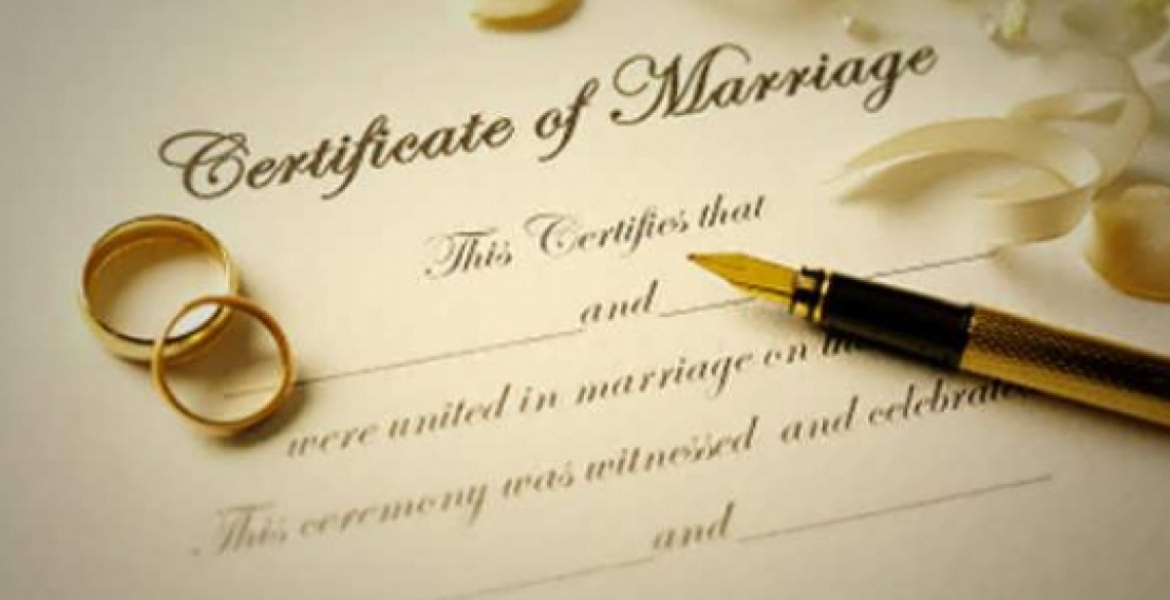Weddings Exposed? Kenyans Rattled as Registrar Shares Couples’ Details Online

Kenya's Registrar of Marriages has initiated a significant policy shift by publishing upcoming marriage details online, replacing traditional physical notices posted at registry offices.
The move, designed to enhance transparency, includes names, photographs, and wedding dates of couples intending to marry, but has ignited a national debate over data protection and individual privacy rights. Historically, couples were required to file a 'Notice of Marriage,' publicly displayed at the Registrar's premises for 21 days, allowing time for legal objections. Digitising this process aims to maintain this provision while extending visibility.
Public reactions have been mixed. Supporters view the digital registry as a convenient tool, discouraging secret affairs and promoting accountability. Detractors, however, are raising concerns about potential breaches of Kenya’s Data Protection Act and constitutional guarantees of privacy. Social media posts suggest increased visibility of marital intentions could expose hidden relationships and destabilise existing unions.
One user commented, "If someone disappears, check the marriage registry first," alluding to the registry’s potential to reveal infidelity.
The digitalisation aligns with expansions to the eCitizen platform, where individuals can now verify both upcoming and existing marital statuses for a fee. Proponents argue this strengthens accountability, reducing deception. Conversely, critics warn of potential misuse and privacy violations. Kenya's legal framework recognises five types of marriage: civil, Christian, Islamic, Hindu, and customary, accommodating unions between Kenyans and foreign nationals.
To obtain a marriage licence, applicants must provide identification, passport photographs, and affidavits confirming their single status. The initiative signals a broader push towards digital governance within Kenya.








Add new comment